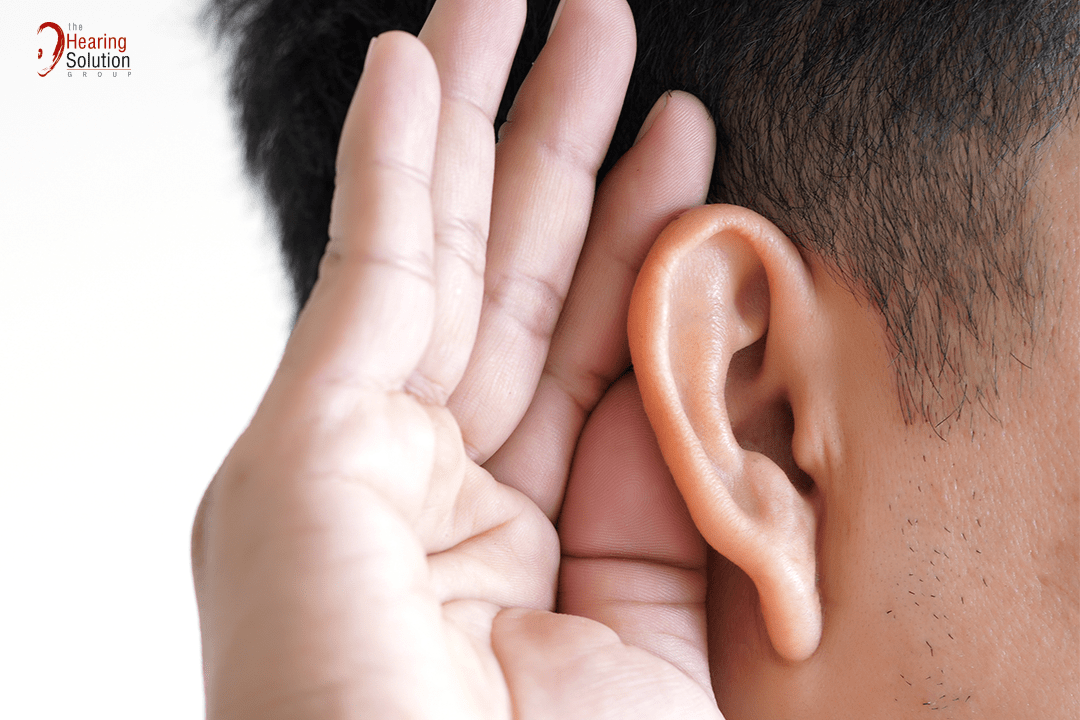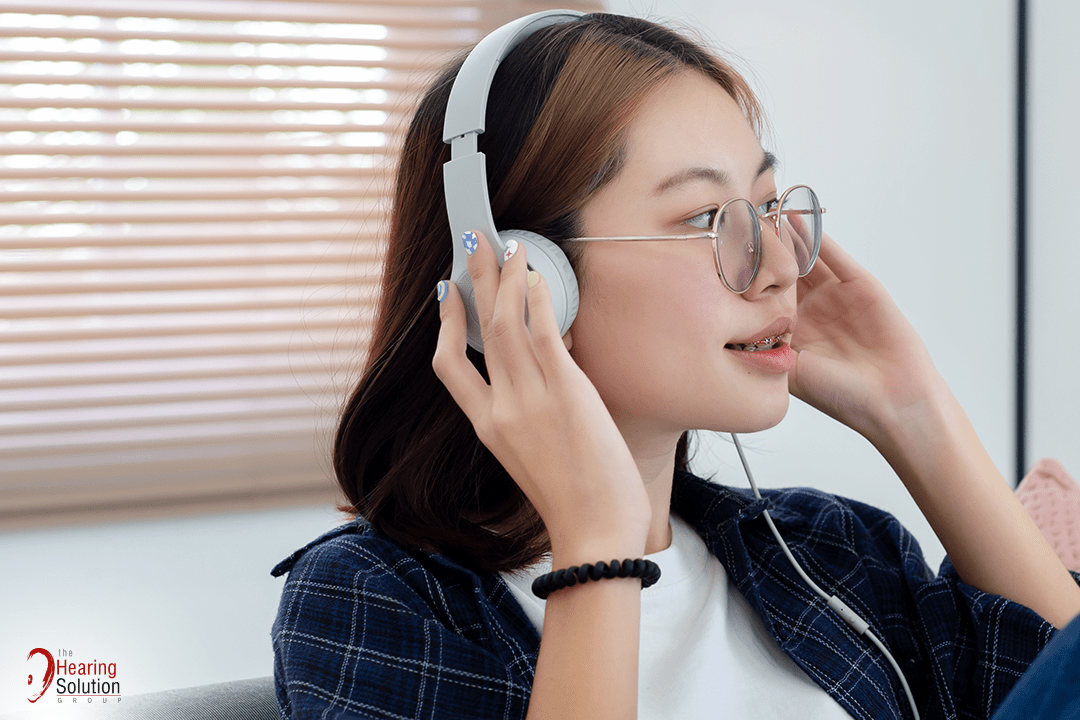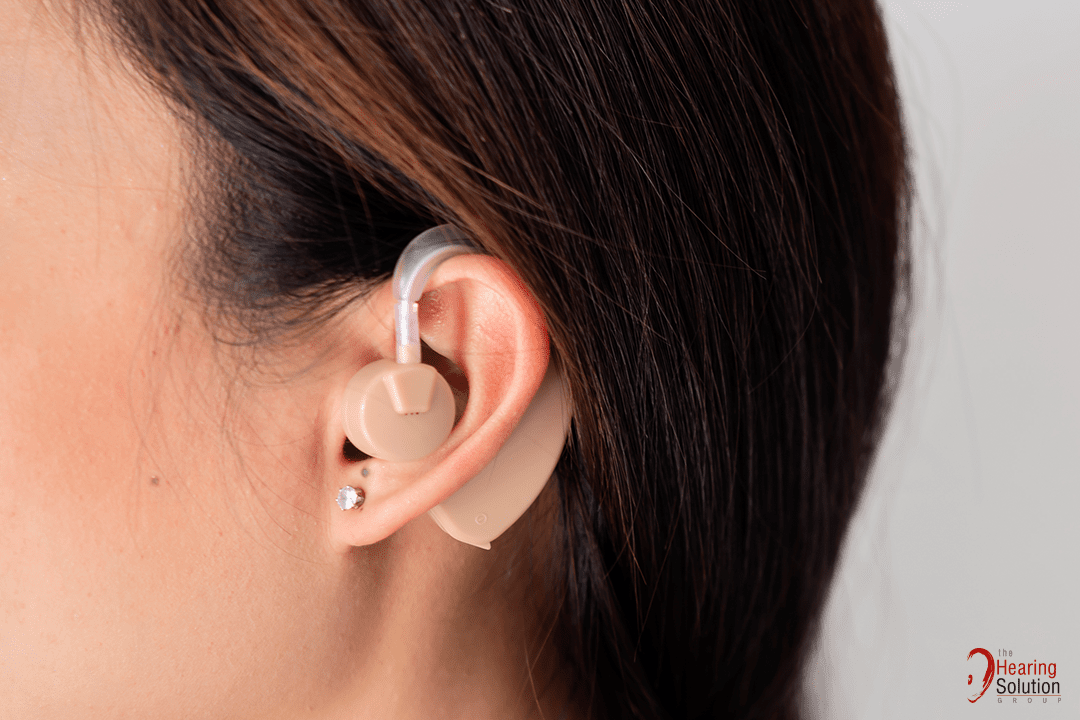
Regular, hearing Singaporeans are unaware of the difficulties that the hearing impaired face on a daily basis and have formed incorrect assumptions and outdated stereotypes about them. Those with hearing loss will then have to navigate a society of hearing people who have misconceptions about hearing impairment. While some people with hearing loss may not be easily identified, those who wear hearing aids may face judgement from those around them due to their preconceived beliefs about hearing aids.
What are some of the common misconceptions that we have about hearing loss and hearing aids? Read on to gain a better understanding.
Hearing loss only happens to older people
Unfortunately, hearing loss does not only affect the elderly. In fact, according to a study conducted by a research team from Temasek Polytechnic in Singapore, more than 16% of youths are at risk of developing noise-induced hearing loss (NHL) because of their listening habits. The World Health Organisation (WHO) also estimates that approximately 1.1 billion young adults worldwide are at risk of developing NHL as a result of their constant exposure to loud recreational noises. Listening to loud music through headphones or attending concerts with loud music can cause hearing damage.
If you speak louder, the hearing impaired can hear you
Speaking louder can sometimes help those with hearing loss hear you better. However, there are different levels of hearing loss that will affect how well a person can hear you if he or she is deaf or hard of hearing. Those with mild hearing loss may be able to hear you clearly if you speak louder and more clearly. On the other hand, those with severe hearing loss may be unable to hear you no matter how loud you speak. It is important to note that hearing aids may distort sounds and make them difficult to hear if you speak too loudly or shout. In order for the hearing aids to work better at amplifying your voice, you should enunciate your words clearly and speak with more clarity to allow the person to hear you better.
Hearing loss can be treated with medicine or surgery
Around 80% of the hearing impaired are suffering from sensorineural hearing loss, which means that the hearing loss lesion is either within the inner ear, or caused by a neurological issue. Of which, “hair cell” (hearing sensor) damage is the most common issue among all of them. No surgical intervention or medication can treat permanently damaged hearing cells. In the case of conductive hearing loss, which is an issue with the outer or middle ear that interferes with sound delivery, medication or surgery may be helpful. Common reasons for this include blockage of your ear canal, a hole in your ear drum, fluid in the space between your eardrum and cochlea, and more.
Hearing aids are not important
Hearing health is vital because it forces our brain’s auditory cortex to process sounds. Over time, hearing loss causes this part of our brain to lose its ability to process sounds and shrink. In addition, the lack of stimulus to our brain may lead to overall deprivation. If left untreated, it may lead to a 50% higher risk of developing dementia as compared to those who have hearing aids fitted. Besides assisting the hearing impaired to continue hearing sounds, hearing aids relieve hearing strain, provide clarity, and provide greater ease in listening environments. They also allow the brain to continue processing sounds normally, thereby keeping the auditory cortex active.
Hearing aids make everything too loud
Analogue hearing aids were difficult to use in the past because they amplified all sounds equally, regardless of frequency or volume. However, digital hearing aids today receive sounds and amplify them based on their frequency, allowing sound to be amplified in the most optimal manner. Technology has also made it possible for the hearing impaired to easily control the settings and volumes of their hearing aids, allowing them to adjust to different situations to help them hear even better.
Understanding what causes hearing loss and how hearing aids can help allows us to better care for our own hearing health and fully embrace those who are hard of hearing. If you or someone you know has hearing loss, it is important that you get a hearing aid fitted as soon as possible.
The Hearing Solutions Group offers a range of hearing solutions in Singapore to help those with hearing loss hear better. Contact us today or call us at 63370090 to learn more about our services!

 Find Us
Find Us Call Us
Call Us

